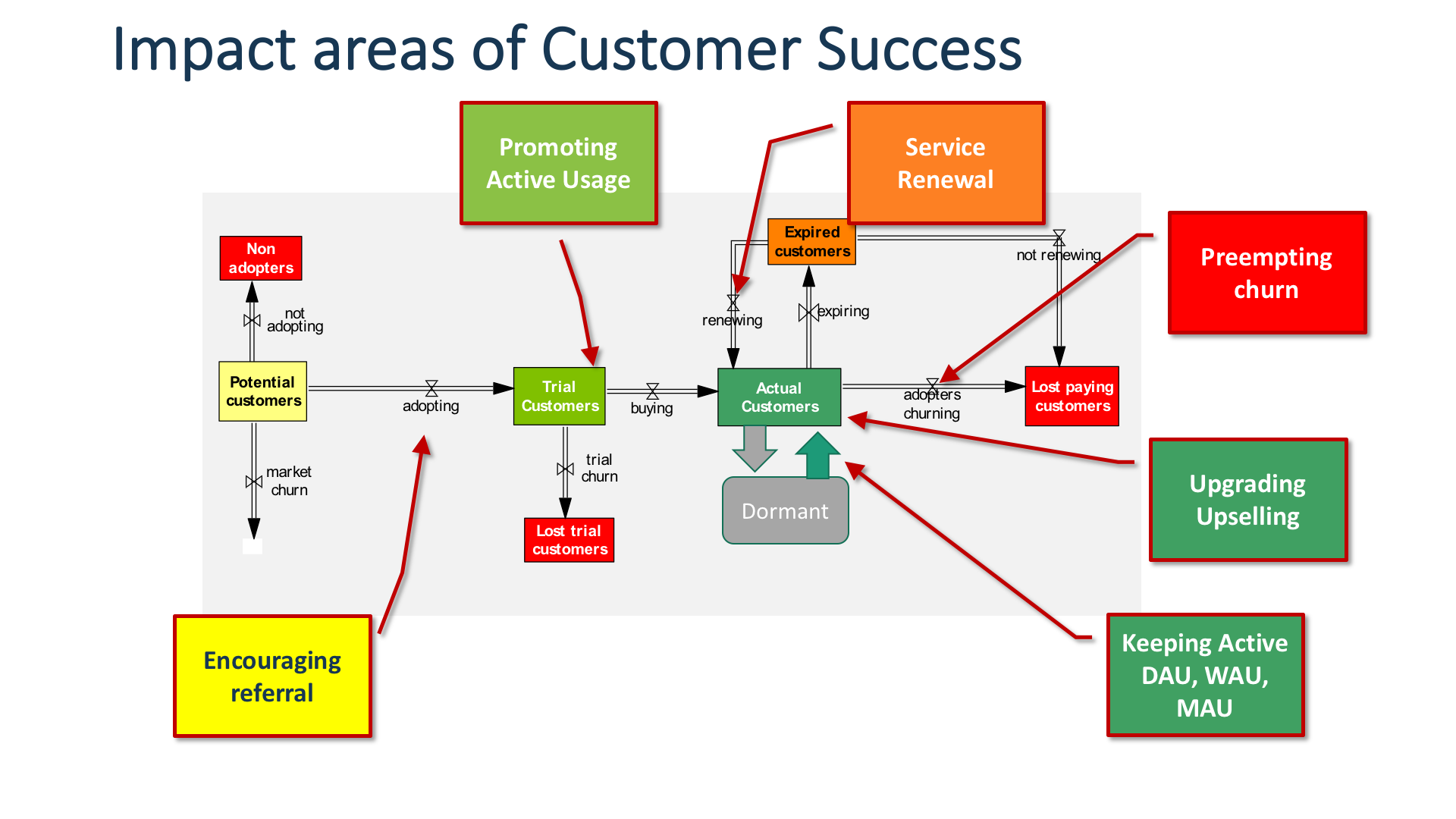Starting a Hardware Store: A Guide for Success
Starting a hardware store can be a lucrative endeavor, but it is essential to plan and prepare properly to ensure success. Location is crucial, as it can make or break a business. Consider factors such as customer traffic, competition, and accessibility when selecting a site. Next, develop a business plan that outlines your goals, strategies, and how you will measure success. It is essential to conduct market research to understand your target customer and their needs. Use this information to stock your store with the right products and create a welcoming environment. Finally, establish relationships with suppliers and manufacturers to ensure you have a reliable source of inventory. Keep in mind that starting a hardware store requires patience and perseverance, but with the right planning and preparation, you can build a successful business that customers will love.
Opening a hardware store is a rewarding but challenging endeavor. From planning and organizing to operating and marketing, it requires a significant amount of effort and knowledge. However, with the right approach and preparation, you can successfully start and run a hardware store that meets the needs of your customers and turns a profit. Here is a guide to help you achieve success in the hardware store business.
1. Determine Your Target Market
The first step in starting a hardware store is to identify your target market. Consider the types of customers you want to attract, such as homeowners, DIY enthusiasts, or professional tradespeople. Determine their age, gender, location, and other demographics that will help you tailor your products and services to meet their needs. You can also conduct market research to learn about the competition and identify any gaps in the market that you can fill.
2. Develop a Business Plan

Once you have identified your target market, it is essential to develop a detailed business plan. This plan should outline your business goals, strategies for achieving those goals, and the resources you will need to invest in your store. Your business plan should also include a marketing plan that details how you will attract and engage your target customers. Consider using social media, email marketing, and other digital tools to reach a wider audience.
3. Secure Funding
Starting a hardware store requires an initial investment for inventory, equipment, and other expenses. There are several sources of funding available, including personal savings, loans from friends or family, or seeking investment from professional investors. Make sure to explore all of your options and find the funding source that best suits your needs and goals.
4. Find a Suitable Location
The location of your hardware store is crucial to its success. Consider areas with high foot traffic, easy access to transportation, and a strong customer base. Talk to local real estate agents or property owners to find out about available commercial spaces that meet your needs. Make sure to negotiate a lease agreement that is favorable to your business and budget.

5. Establish Your Brand
In the hardware store business, establishing a strong brand is essential for attracting and retaining customers. Develop a unique name and logo that reflect the values of your business and are easily recognizable by customers. Create a website and social media profiles to showcase your products and services, share helpful content, and engage with customers. Consider advertising in local newspapers or on TV to further expand your brand's reach.
6. Stock Your Store
Once you have secured funding and found a suitable location for your hardware store, it is time to stock your store with inventory. Make sure to select products that are in demand by your target customers, such as tools, hardware, appliances, and more. Consider purchasing from multiple suppliers to ensure you have a diverse selection of products at competitive prices. Also, keep inventory levels low until you determine which products are selling well so that you can reorder them in larger quantities if necessary.
7. Launch Your Store

Finally, it is time to launch your hardware store! Plan a grand opening event that celebrates the launch of your business and attracts customers from the community. Offer special promotions or discounts on products to attract customers' attention and create brand loyalists from the start. Make sure to follow up with customers after the event to thank them for their support and encourage them to return in the future.
In conclusion, starting a hardware store requires time, effort, and knowledge but can be an incredibly rewarding experience if done right. By identifying your target market, developing a business plan, securing funding, finding a suitable location, establishing your brand, stocking your store with inventory selection that meets customer demands, and launching an event that celebrates the start of your business; you can set yourself up for success in the hardware store industry!
Articles related to the knowledge points of this article:
Is It Possible to Find Snake Skin Bags at a Hardware Store?
The Story of Ningde Hardware Store
Title: How to Open a Successful Hardware Store: Tips and Strategies for Success
Title: How to Open a Hardware Store and Find Reliable Suppliers?



